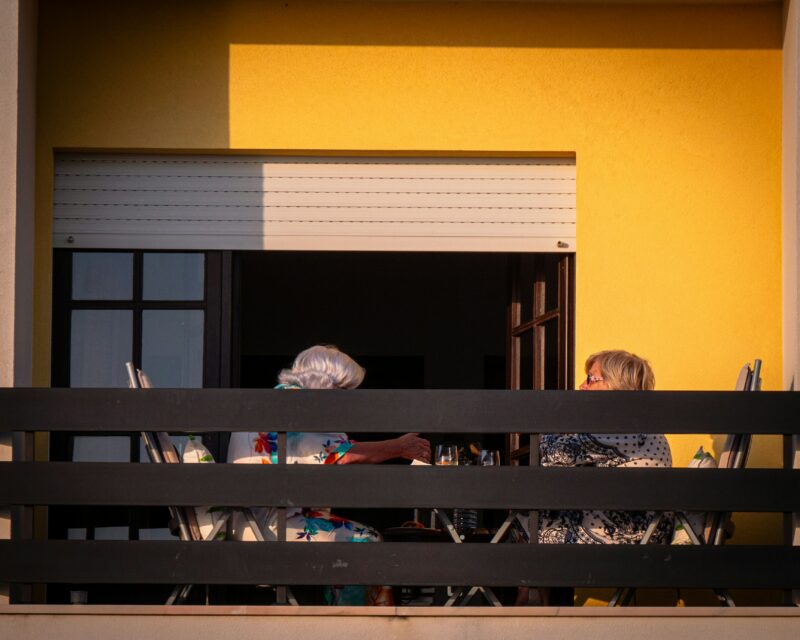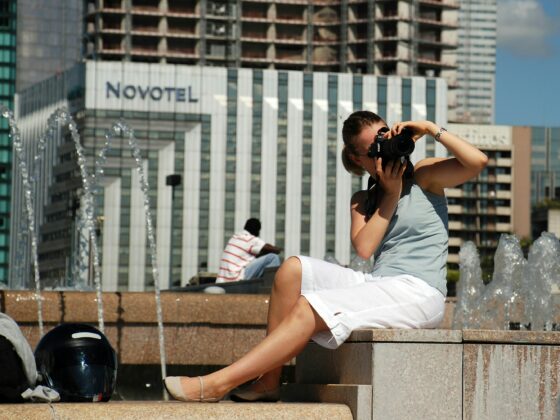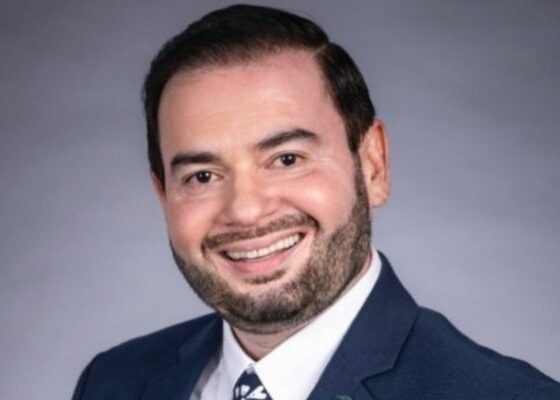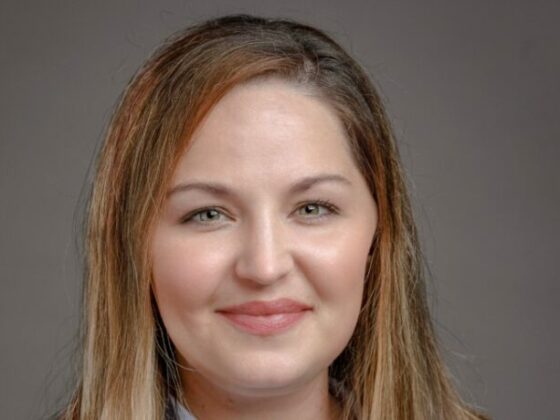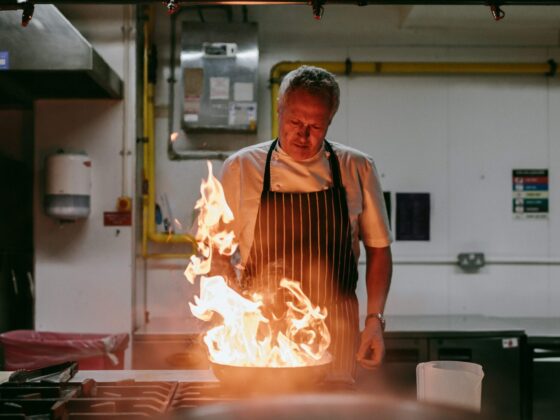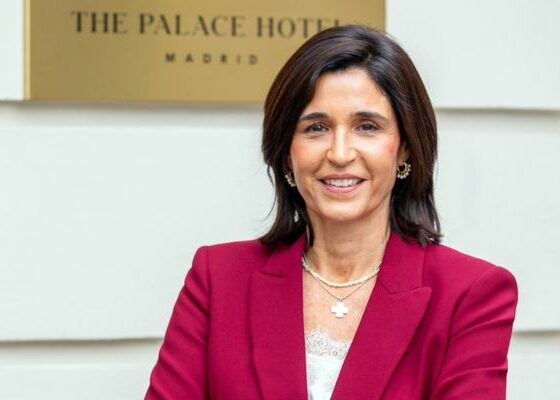Josiah: Our guest today is a dream teacher for me. He’s an operator at the highest levels who’s become an educator. And all week, we’re going to be learning from him in this special series hosted by our innovation correspondent, Matthias Huettebraeuker. I’ll let him introduce our guest. So let’s get into it.
[intro]Matthias: My guest today is a hospitality leader, and there’s an exclamation mark after hospitality, and another one after leader in that sentence. And he’s also a very forward thinker. He has spent the last 20 years or so at some of the very finest hotels on the globe, places like the Georges V and the Bristol in Paris, the Connaught and the Beaumont in London. I think he elevated the Beaumont into this prestigious group of the best 20, 25 luxury hotels in the world. He’s a much awarded general manager and today is the founder of Kepler Hotel Group and also of the Kepler International Hospitality Academy, which is quite a mouthful. Jannes Sörensen, welcome to the show. Thank you.
Jannes: It makes me feel old. 20 years, right?
Matthias: It sounds old, and I’m actually quite disappointed that it’s not a video podcast, because people could see that you’re actually young. I have no idea how you packed 20 years into that time on earth. But be that as it may, as I’ve just said, you’ve been a general manager and a leader for many years, and a very successful one for that matter. And now you’re building an academy which is outside the traditional curriculum of where hospitality leaders go. So in your mind, is the system of both how we lead in hospitality and of how we train our leaders, is that fundamentally broken? Does it need rethinking?
Jannes: I don’t think it’s fundamentally broken. I think that we’re surrounded by peers in hospitality that are fantastic leaders. I think the industry has a great set of people driving it forward. I do feel that the world around us is changing rapidly and that prompts a demand to look at education differently in hospitality. I feel that the industry will become much less judged on physical assets. You know, how many pillows do you have on a bed and how big’s the pool and how grand’s the lobby? Not because people don’t like it, but because it’s a commodity that in the recent one upmanship of one hotel opening chasing the next, it’s something that can be replicated. It’s a question of money and money is not a finite resource. So it’s hard to be competitive on that level. But because we’re coming out of a time where hospitality was really leading the way into physical advancement in how we live. You know, hotels were the first places with running water or elevators or flat screen TVs. There’s an element of us right now making this change from this is actually not why people go to hotels, because very often clients’ homes look better than any hotel they’ll travel to. That obviously raises the question of why do they go to hotels and how can hotels still have a competitive advantage in an ever more competitive market. And I feel today, one of the most relevant questions that any hotelier would ask is, how do I make my clients feel? Do the clients reflect on their stay? Not so much on the physical project, but on the emotional project. And when that shift happens and we go less from the very tangible, very regimented hospitality model as to where we said if a hotel has certain amenities then it becomes a certain class of hotel but we said well everybody has that now how do we make the difference and that’s where hospitality and hospitality leadership really has an opportunity to embrace this next phase and the question is how do we need to educate senior leaders? Or actually, how do we need to educate hospitality beginners to become senior leaders that lead that inspiration, right? It’s a bit like in your own life, you’re not educating children. You’re really educating adults, right? Ideally, yes. Not everybody understands that, but yeah.
Matthias: It’s more about teaching yourself a lesson.
Jannes: Right. That’s what it is. Yes. So absolutely. It’s really about understanding the human element of this human industry better. And it’s not something that is just happening on the sidelines. And I think maybe there was an assumption that this whole element of human leadership, you sort of pick it up as you go through your career. And yeah, it happens just like that. But I think that hotel groups and hotel establishments that focus more on that emotional intelligence will see a competitive advantage.
Matthias: I mean, there is a lot in that answer, right? So let’s try to unpack this. So what you’re basically saying is there’s this system of looking at physical assets and there’s basically the old system, if you wish, the old model has been or still is in many cases optimizing for performance and subsequently optimizing for efficiency. It’s about basically stability. It’s about perfecting the system, right? That’s also where the idea that there could be such a thing as best practice. That’s where that comes from, I guess. And leadership has consequently been about hierarchical control to make sure you perform correctly, whatever that means, right? And now you’re saying, if I get this right, it’s basically, and that’s true on a broader spectrum, not just in hospitality, it’s about building for adaptability, maybe for this just-in-case kind of thinking, is that what you’re saying? It’s basically leading not through control, but through context setting. It’s about understanding nuance and not rules, asking better questions.
Jannes: Well, it gets more complex. I think where a product was a competitive advantage, today it’s only a competitive disadvantage. What do I mean by this? A hotel today has to be perfect, the physical amenities of it. If it is not, it’s an issue. If it is perfect, it’s not necessarily an advantage. It becomes a detractor. It’s a bit like salary. You know, you can’t motivate people with salary, but if you don’t pay them a good salary where they can live comfortable lives, it becomes a detractor. But if you pay them 20, 30, 40% more, studies have shown, that’s not my opinion, that people don’t really get happier or more engaged in their work. So the product needs to be good enough, but every amount of money you spend after good enough is not shown a real competitive advantage. We’ve actually done, as part of a book that we’re about to publish, a study with 2,500 guest comments over 30 hotels worldwide, where we actually try to ask ourselves the questions, well, what is luxury? What do people remark? What makes the difference? You know that out of these 2,500 guest comments, 4% of them spoke about the physical product and 2% of them were negative. So people don’t really care. It’s a given. It’s something that is expected. What people talk about is how the team makes them feel. And specifically what we’d love is if somebody breaks the rule for us. So you come to breakfast and it ends at 10 and you’re at 10 past 10 and the maître d’ looks at you and says, don’t worry, we’ll have breakfast for you, or somebody goes out of their way for you, right? You don’t feel well and the pageboy takes it upon himself or herself to go to the pharmacy and get something for you, or they send a tea to your room. These little things that are not expected, that are not in any rulebook, that are not on any LQA or Forbes checklists, but where we feel that we actually break the system to do something that is not expected. And I think that’s where a transactional relationship becomes actually quite meaningful and deep and something that we recognize as human beings. So that’s what people talk about, right? And these are the most luxurious hotels in the world. And you would think they would talk about a lot of other things, but if people sit down and write a letter, no matter how much they’re paid for the room and no matter how prestigious they travel, the little things they pick up on are innately human.

